
Patients with skin cancer are set to benefit from a new superficial treatment machine at The Christie.
Muriel Large, age 76, from Davenham near Northwich, is the first patient to complete a course of treatment on the new £175,000 machine at The Christie this week.
Superficial treatment is a type of low-energy radiotherapy commonly used to treat non-melanoma skin cancer at The Christie, such as basal cell carcinoma and squamous cell carcinoma.
The Christie treats around 130 patients annually with superficial treatment, delivering this in around 550 treatment sessions known as fractions.
Muriel, who is married to John, has two daughters. The eldest, Helen, was a paramedic, and their youngest, Kerrie, is a doctor (GP).
In December last year, Muriel noticed a small cyst-like growth on her nose, which had a scab but was not bleeding or sore. She mentioned it to her daughter Kerrie and was advised to get it looked at.
During a routine doctor’s appointment shortly after, Muriel asked her GP about it and was immediately referred to a specialist under the two-week urgent cancer referral standard.
Muriel saw a dermatologist initially, who confirmed that it was cancer and advised that surgery was the best option. Shortly after, in November 2024, Muriel had the operation under local anaesthetic as a day case patient at the Victoria Infirmary in Northwich.
The surgery was a success, although the surgeon would have liked to have removed slightly more of the 'margins' around the cancer. When the tissue removed was sent for a pathology examination under a microscope, it was confirmed as being squamous cell carcinoma of the skin.
Following the surgery, the surgeon recommended that Muriel consider a referral to The Christie to have postoperative radiotherapy to reduce the likelihood of the cancer returning.
Muriel saw Dr Agata Rembielak at The Christie in January 2025, who arranged a type of radiotherapy called superficial treatment. Muriel completed the fifth and final treatment this week at The Christie and, so far, has not had any side effects, such as sore skin, although this can develop a few days after the treatment ends.
Muriel said:
“I cannot fault any of The Christie or NHS staff who have cared for me. They have all been absolutely brilliant. My consultant, Dr Agata Rembielak, has been lovely, and the staff member who helped fit my treatment mask had a great bedside manner. I feel like I am in safe hands with the radiotherapists who treat me. And, despite the hospital being so busy, everyone has looked after me with kindness and respect.”
Muriel and husband John have always enjoyed walking and going on holiday and have enjoyed trips to South Africa and an Alaskan cruise.
Superficial treatment delivers highly successful clinical outcomes for patients, with many cured after treatment. Patients spend less time having treatment compared with other types of radiotherapy and benefit from a precise treatment.
If radiation hits a dividing cell, the cell will be damaged. All radiation therapy, including superficial treatment, works because cancer cells are much less able than normal cells to repair the damage caused by the treatment. Hopefully, all the cancer cells will be killed off, and the healthy cells will be replenished.
The Christie has invested around £370,000 to upgrade its superficial treatment service, which includes building work to provide a more pleasant patient treatment environment and the new machine, replacing one over 10 years old.
The Xstrahl 150 X-ray system was chosen as it has an adaptable energy range and can treat larger skin lesions while still delivering pinpoint accuracy.
Superficial treatment can be delivered in one session but is usually spread over several days, depending on the individual patient and the total dose of radiation needed.
Patients having superficial treatment may need to have an individual shield made for them to stop non-cancerous areas from being irradiated. The therapy typically lasts less than 5 minutes, although the treatment session may take around 15 minutes to allow time for discussion, skin check and for the machine to be set up.
One in every three cancers diagnosed is skin-related, according to the World Health Organisation.
Surgery remains the gold standard in the treatment of non-melanoma skin cancer, but non-surgical options with radiotherapy, including superficial treatment, can also be a viable treatment option.
Patients with non-melanoma skin cancer may also be offered other types of radiation treatment, including electron or brachytherapy treatments or photon radiotherapy, depending on the nature of the tumour. All these types of radiation treatment are available at The Christie.
Pictured - Muriel Large with radiographer Gillian Court.
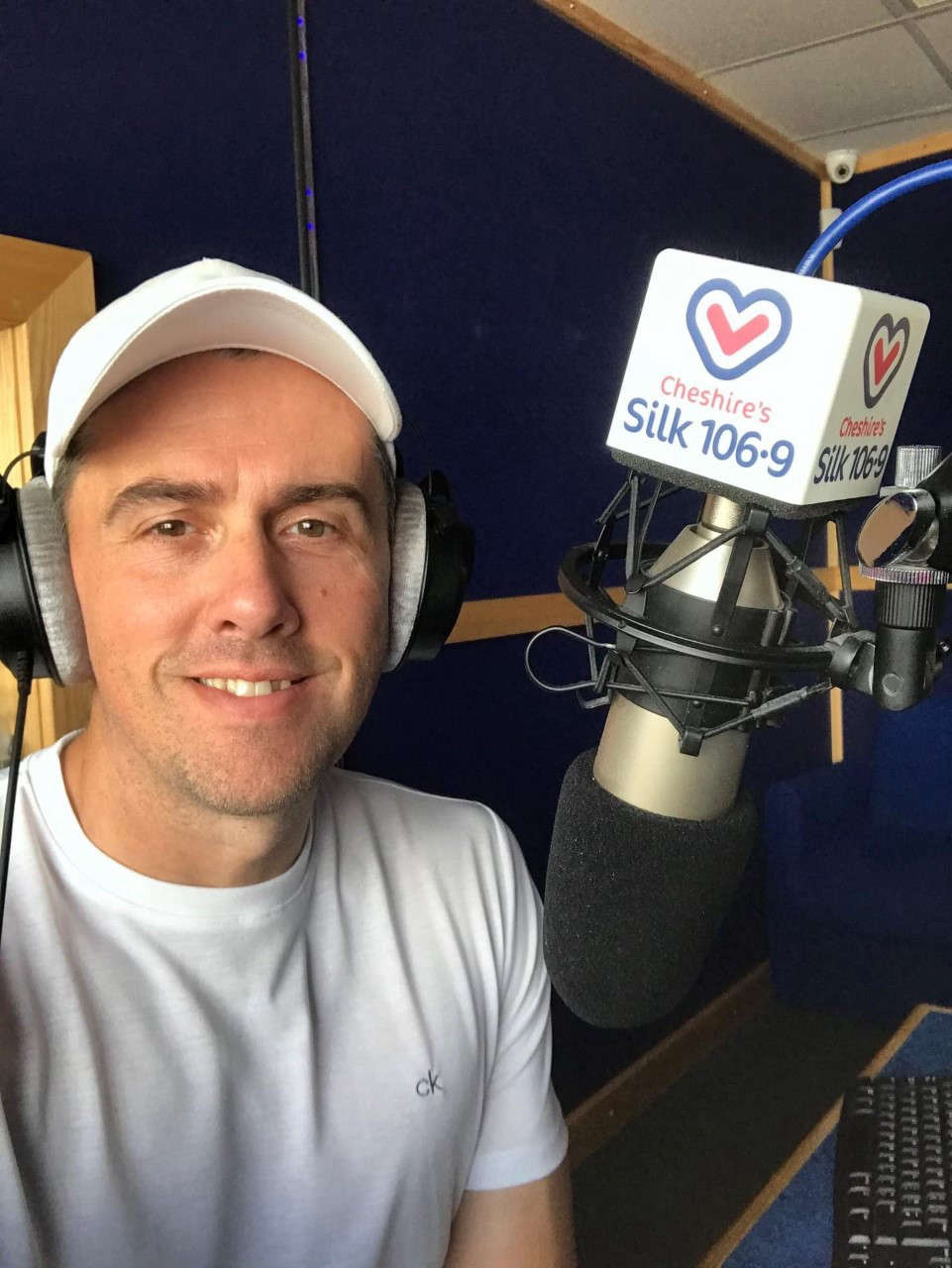

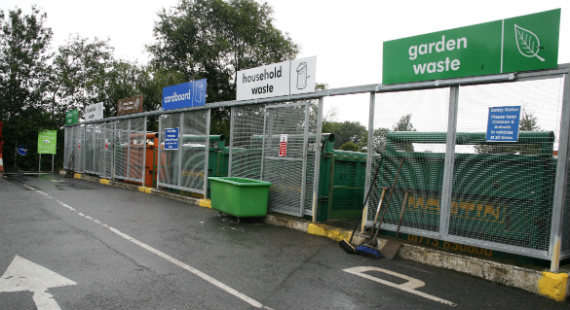 Household waste recycling centres – Advice for visiting during Easter period
Household waste recycling centres – Advice for visiting during Easter period
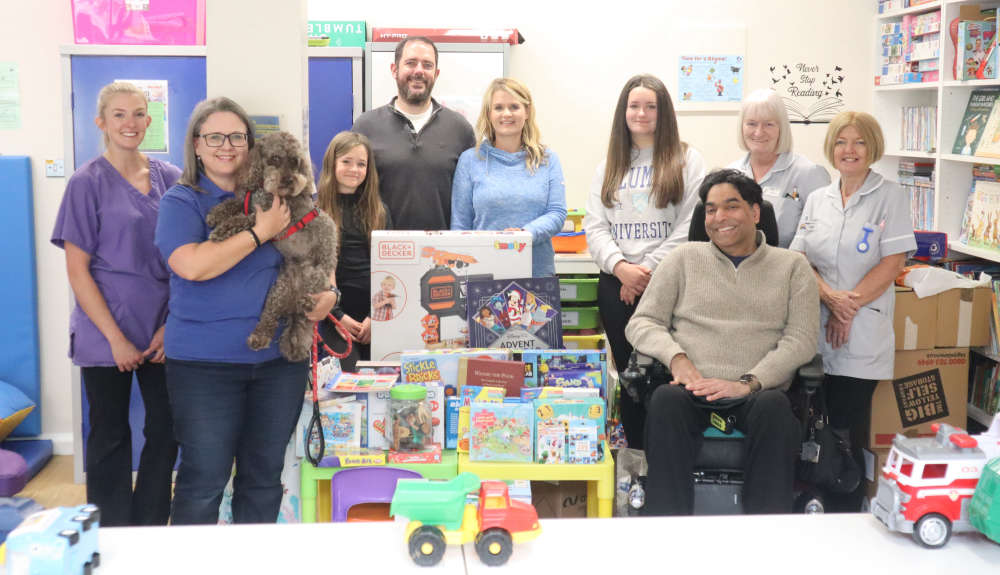 AstraZeneca workers toy drive to support Children’s Ward at Macclesfield Hospital
AstraZeneca workers toy drive to support Children’s Ward at Macclesfield Hospital
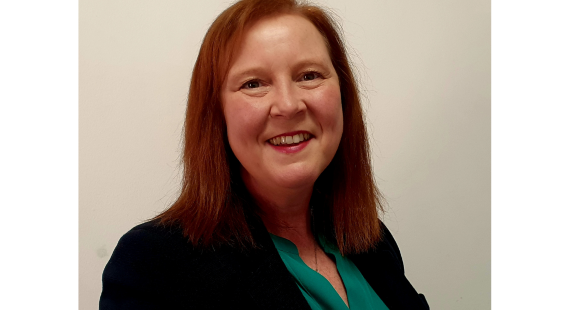 Council appoints new executive director of children’s services
Council appoints new executive director of children’s services
 99% of Cheshire East parents secure preferred primary school place
99% of Cheshire East parents secure preferred primary school place
 Young Northwich and Winsford to join globally inspired Carnival
Young Northwich and Winsford to join globally inspired Carnival
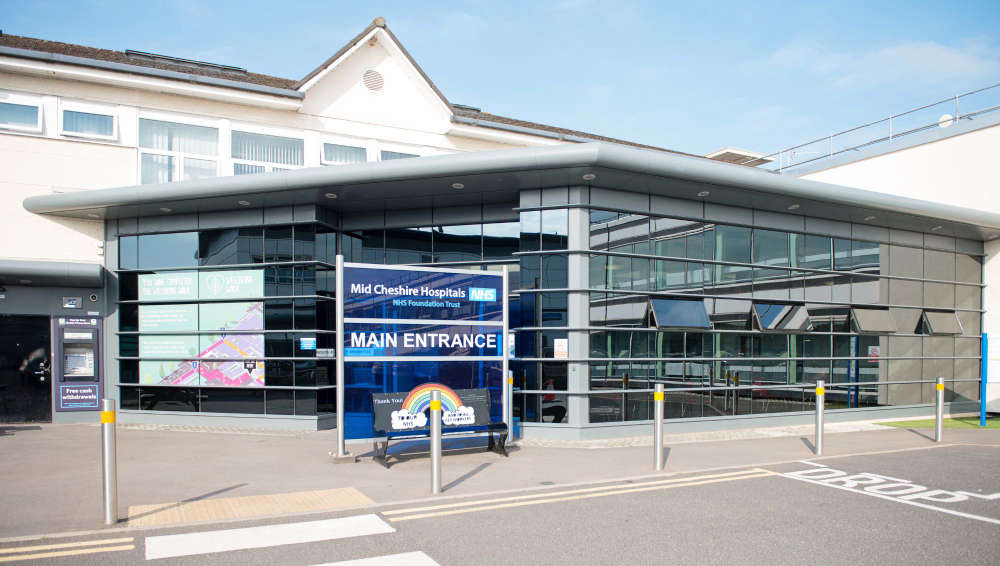 Government approves major funding for state-of-the-art Leighton Hospital facility
Government approves major funding for state-of-the-art Leighton Hospital facility
 Teenager sentenced for stabbing another boy in Congleton
Teenager sentenced for stabbing another boy in Congleton
 Appeal for witnesses and footage following collision in Alderley Edge
Appeal for witnesses and footage following collision in Alderley Edge
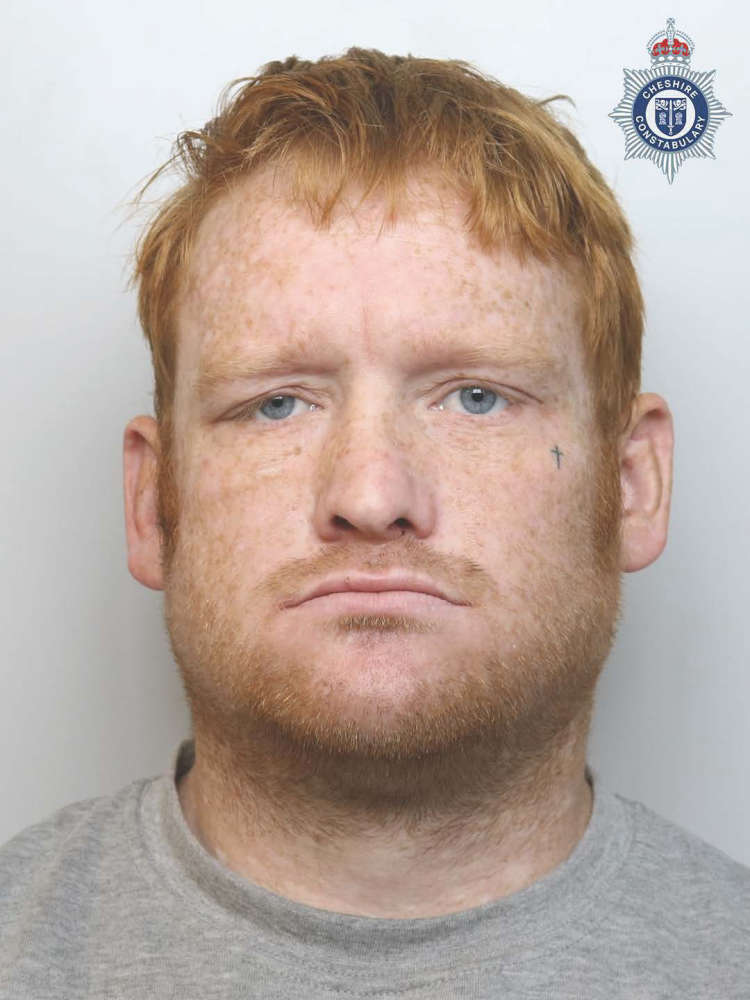 Man jailed for murder following stabbing in Northwich
Man jailed for murder following stabbing in Northwich
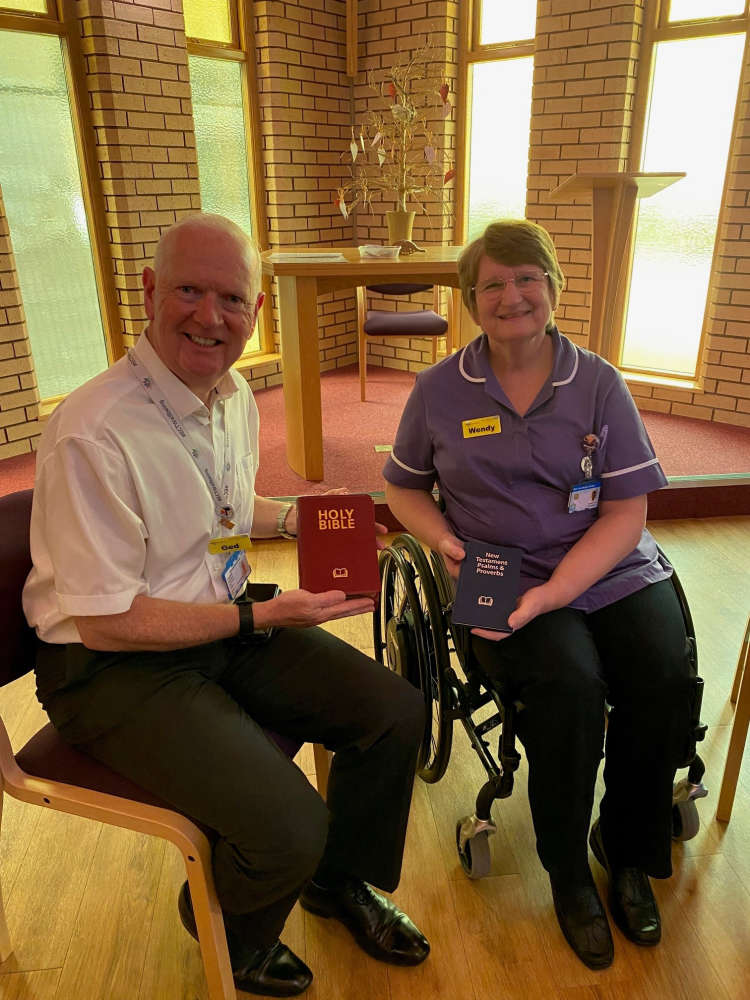 Bedside Bibles return to Macclesfield Hospital in time for Easter
Bedside Bibles return to Macclesfield Hospital in time for Easter
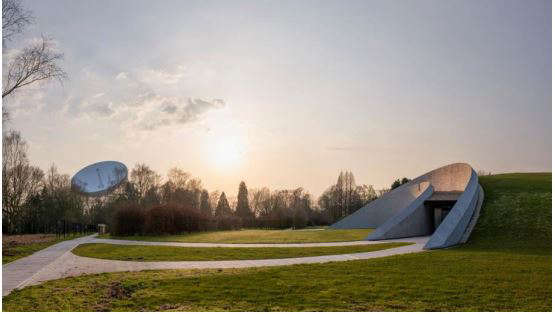 Cosmic Threads: 80 Years of Discovery
Cosmic Threads: 80 Years of Discovery
 New stalls available at Macclesfield Market Hall
New stalls available at Macclesfield Market Hall
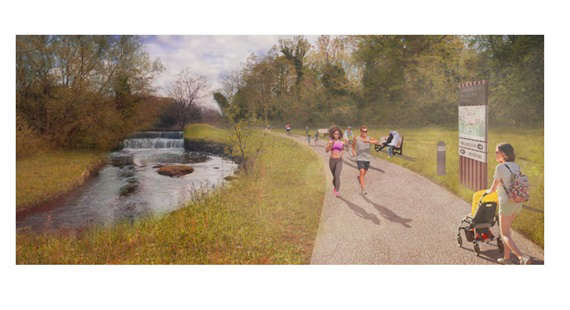 Council sets sights on major new trail to boost health, wellbeing and visitor economy
Council sets sights on major new trail to boost health, wellbeing and visitor economy
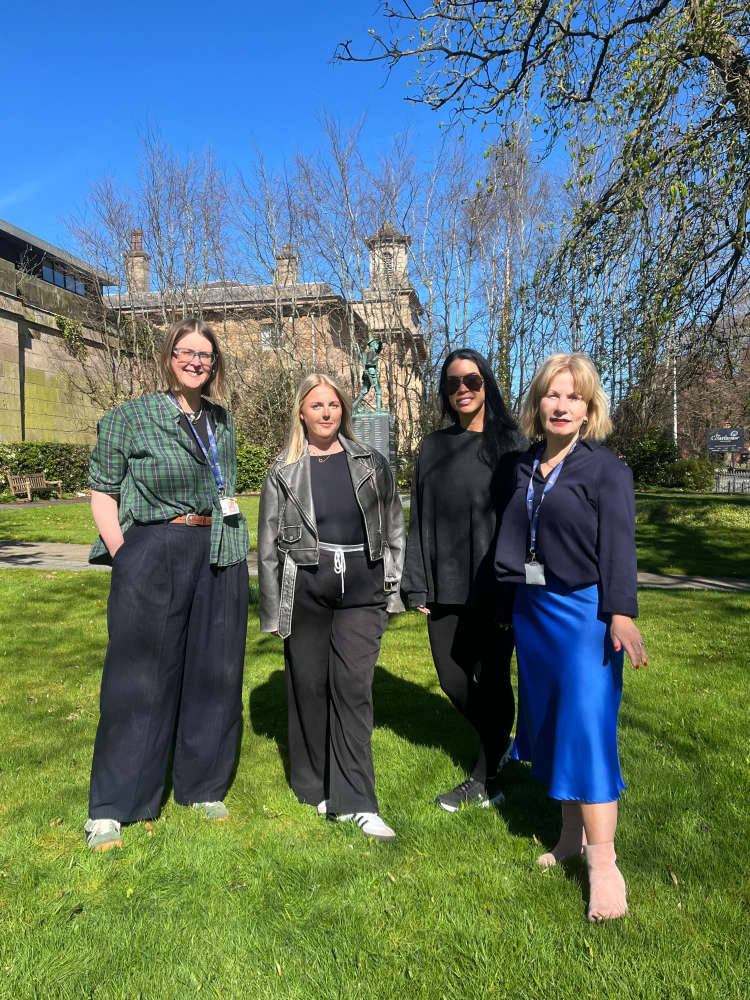 Knutsford Town Council renews partnership with The Royal Cheshire County Show
Knutsford Town Council renews partnership with The Royal Cheshire County Show
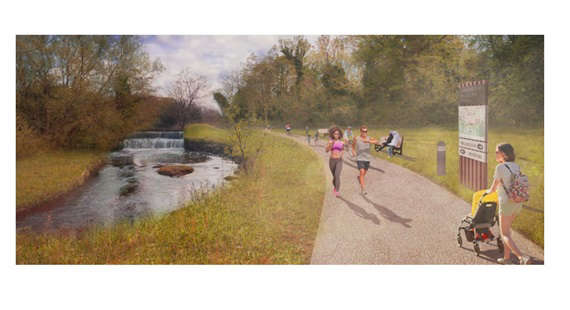 Major new trail to boost health, wellbeing and visitor economy
Major new trail to boost health, wellbeing and visitor economy
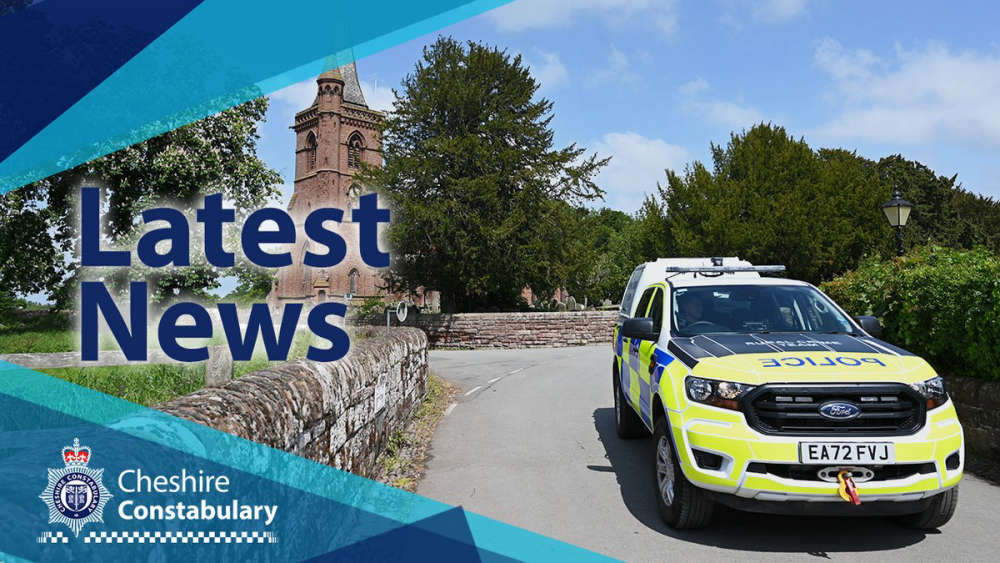 More than 60 premises targeted across Cheshire as part of NCA-coordinated crackdown
More than 60 premises targeted across Cheshire as part of NCA-coordinated crackdown
 Appeal for witnesses and footage following collision on M6
Appeal for witnesses and footage following collision on M6
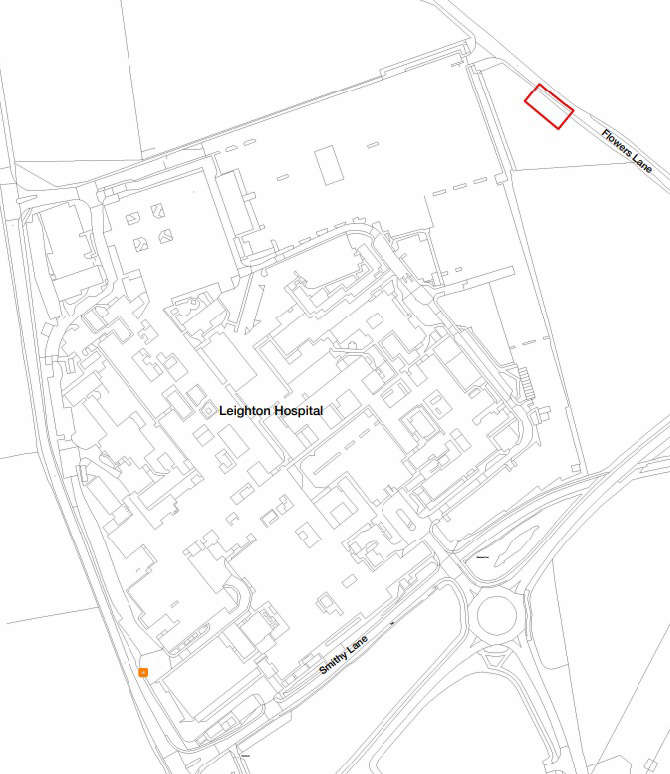 Laying the foundations for Mid Cheshire’s new hospital
Laying the foundations for Mid Cheshire’s new hospital
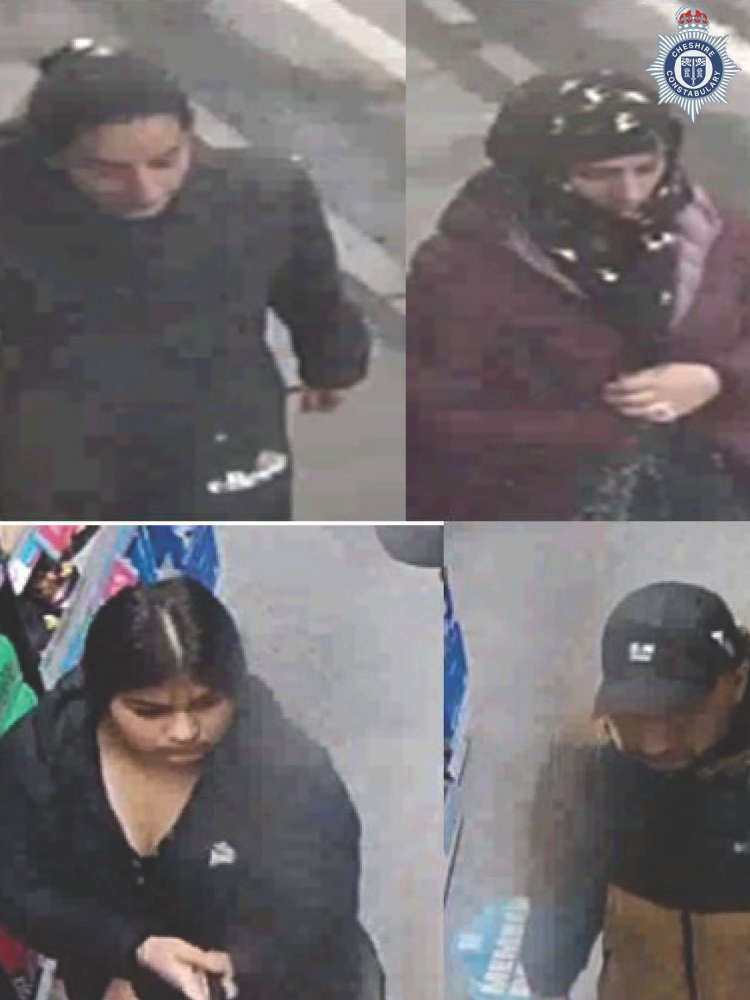 Police release CCTV following Macclesfield shop theft
Police release CCTV following Macclesfield shop theft


Comments
Add a comment